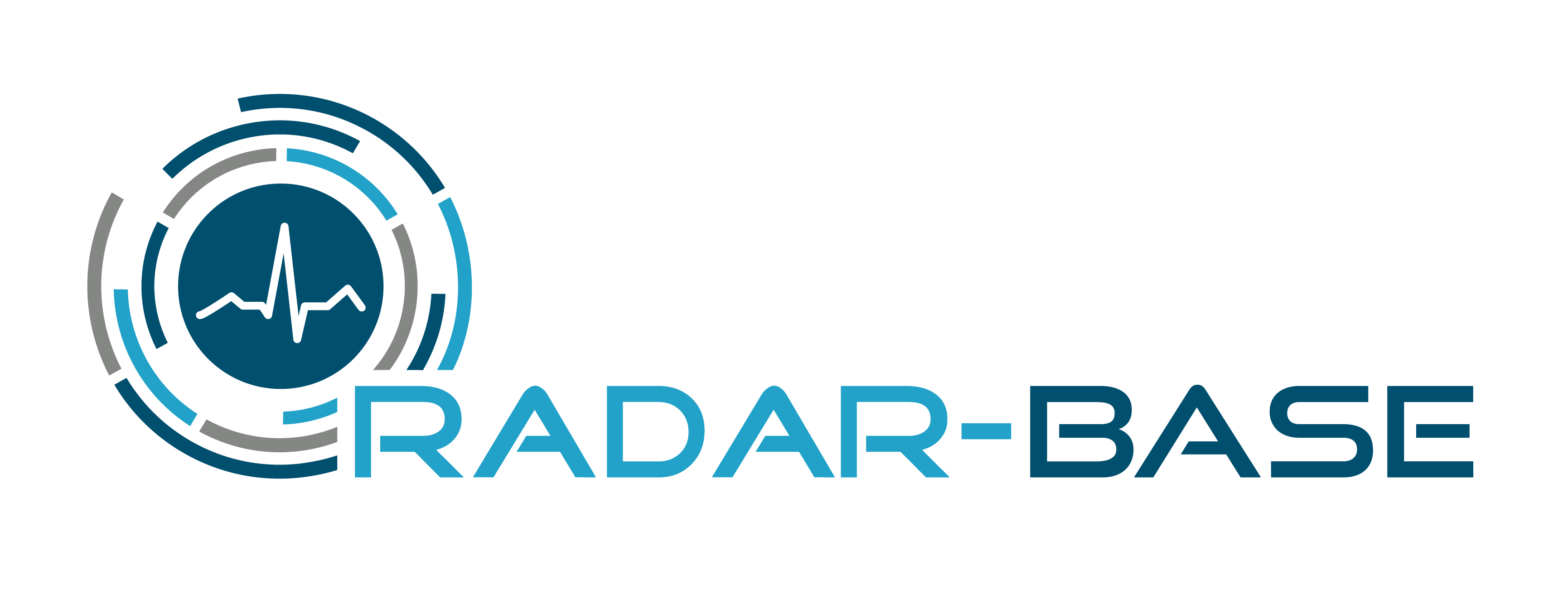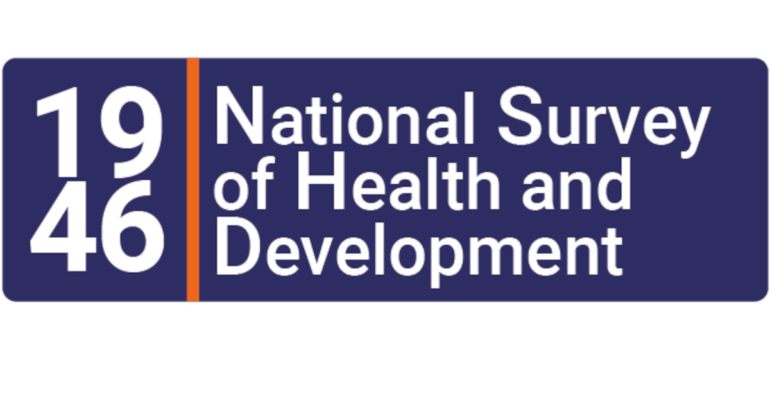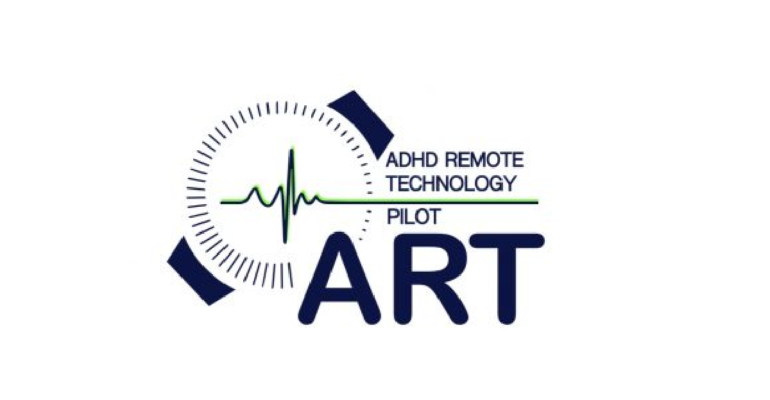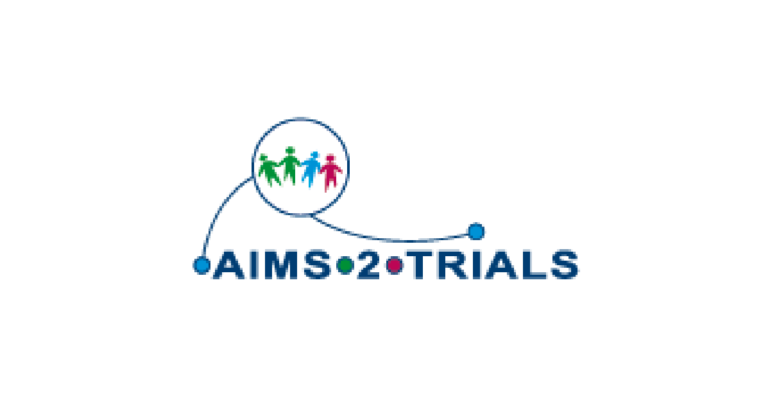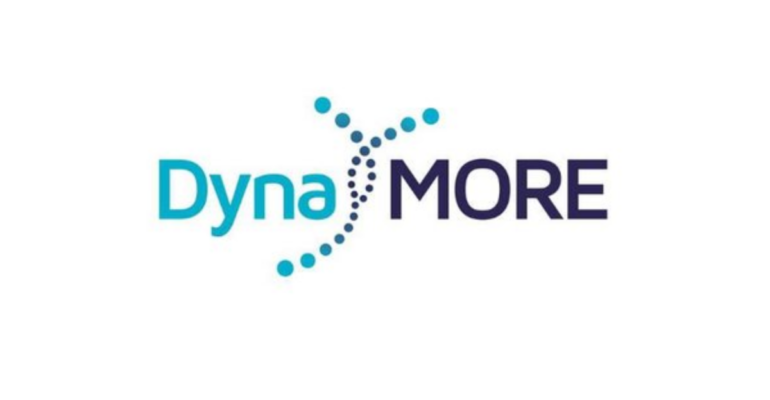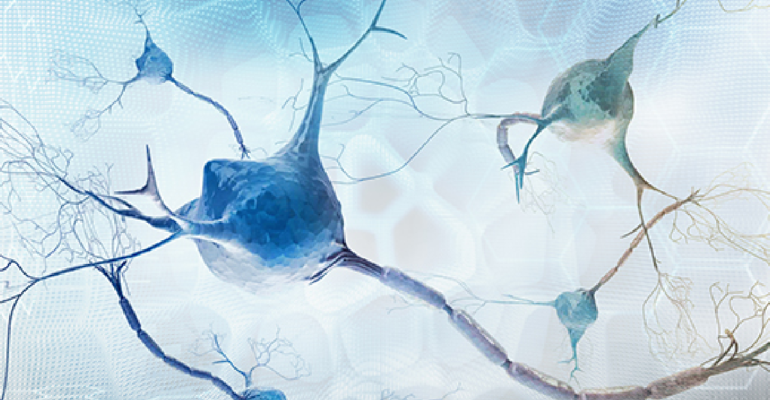CONNECT: Digital Psychosis Monitoring Trial
Psychosis monitoring in Connect using wearable devices and mobile phones CONNECT is a research study led out of the University of Manchester with the goal of employing digital technology to determine if we can predict when someone’s mental health may deteriorate. Individuals …
MAAM: Measuring Adult ADHD and Menstruation
MAAM: Measuring Adult ADHD and Menstruation Dr. Jessica Agnew-Blais, from Queen Mary University of London, has secured a UKRI grant to embark on a groundbreaking study focusing on Attention Deficit Hyperactivity Disorder (ADHD) in women. This research aims to address the significant …
NSHD: National Survey of Health and Development
NSHD: National Survey of Health and Development Cohort remote monitoring study The National Survey of Health and Development (NSHD) is a long-standing epidemiological study aimed at investigating the health and well-being of a cohort of individuals born in the United Kingdom in …
EDIFY: Eating Disorders in Young Persons
EDIFY (Eating Disorders: Delineating Illness and Recovery Trajectories to Inform Personalised Prevention and Early Intervention in Young People) EDIFY (Eating Disorders: Delineating Illness and Recovery Trajectories to Inform Personalised Prevention and Early Intervention in Young People) is a research project aimed at …
RADAR-CNS: Major Depressive Disorder
The MDD study is focused on the remote data collection aspect, since the study participants are not monitored in a hospital setting, but the data is collected passively in an real life assessment. Besides the sensor data from smartphones and wearables devices, participants actively …
RALPMH: Remote Assessment of Lung Disease
Background and study aims: Chronic obstructive pulmonary disease (COPD) is the name for a group of lung conditions that cause breathing difficulties. The term ILD encompasses a wide range of conditions affecting the lung tissue (as opposed to asthma and COPD, which …
ART: Attention-Deficit/Hyperactivity
ADHD Remote Technology (ART) Attention-deficit/hyperactivity disorder (ADHD) is a common neurodevelopmental disorder that persists into adulthood in a significant proportion of individuals clinically diagnosed in childhood. The prevalence of ADHD among adults is 3-4% worldwide. The disorder is diagnosed based on impairing levels …
AIMS-2-TRIALS: Autism Remote Assessment Study
AIMS-2-TRIALS is a research programme that will investigate the biology of autism to tailor treatments and develop new therapies and medicines. AIMS-2-TRIALS stands for Autism Innovative Medicine Studies-2-Trials. It began in June 2018 and will run until May 2023. The research programme includes …
DynaMORE: Dynamic Modelling of Resilience
DynaMORE aims to promote stress resilience and improve mental health and well-being in the face of adversity. A joint goal of developing an in silico model of stress resilience. To do so, we monitor healthy at-risk individuals (18+ years old) during stressful life phases, …
RADAR-CNS: Multiple Sclerosis
Multiple sclerosis (MS) is a condition in which the body’s immune system has an abnormal reaction to the central nervous system (CNS, made up of the brain, spinal cord and optic nerves). The immune system attacks elements of the CNS, disrupting the …
